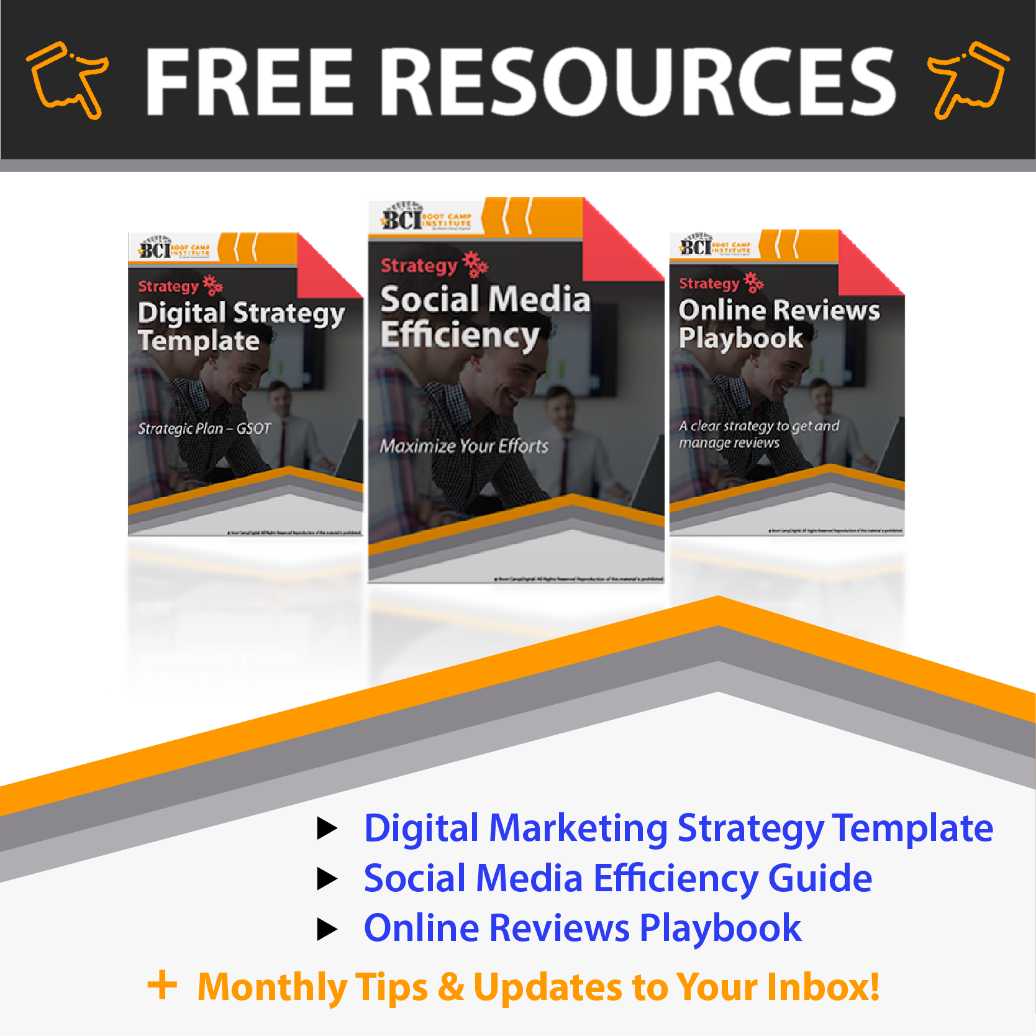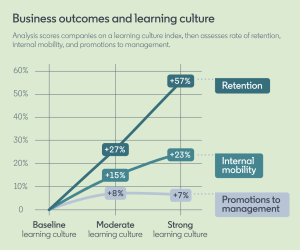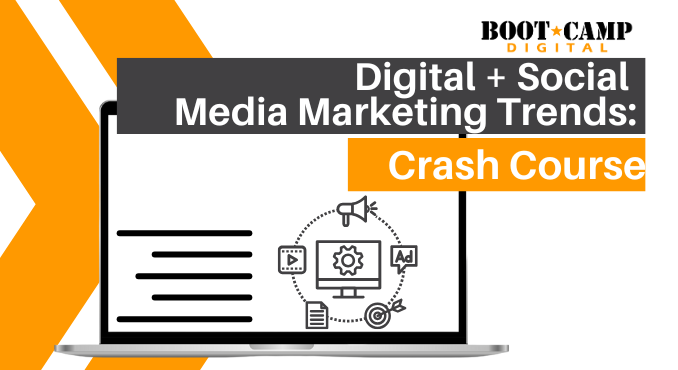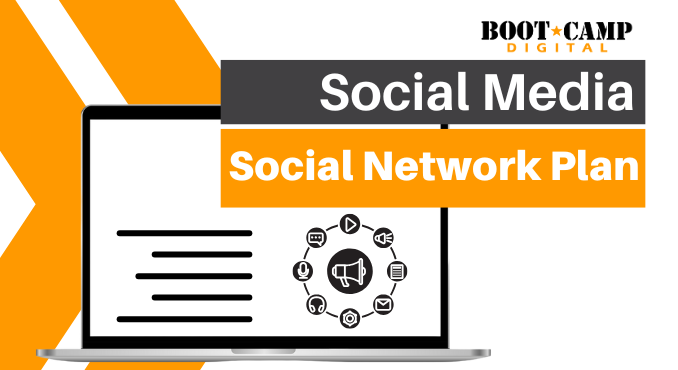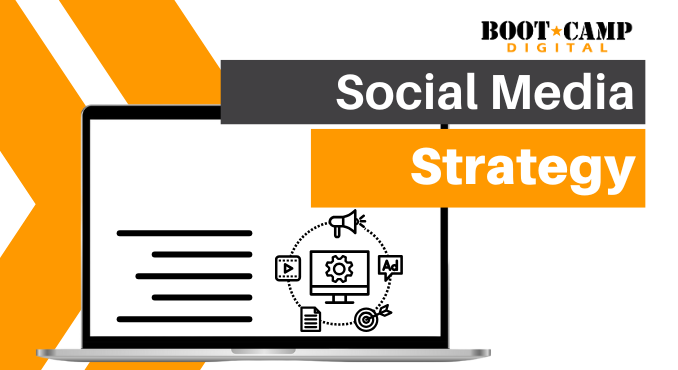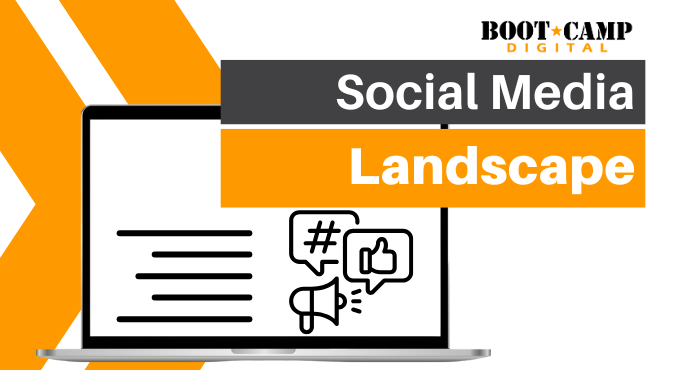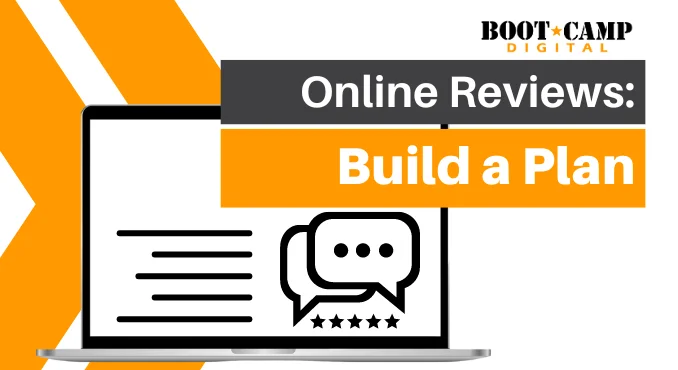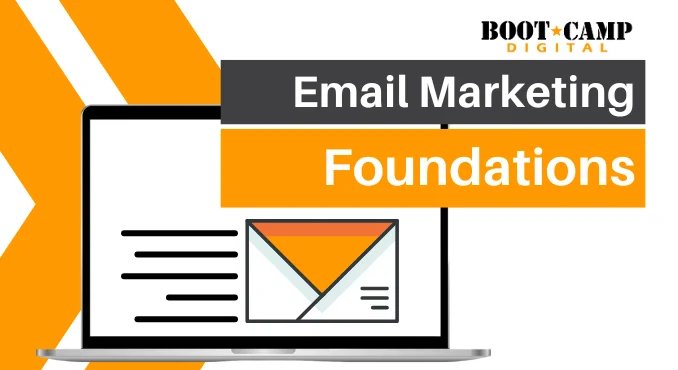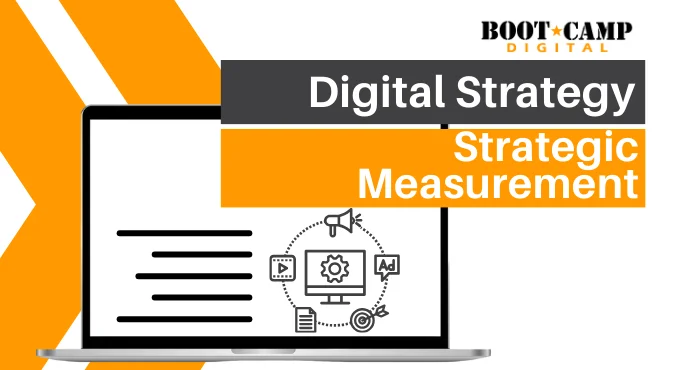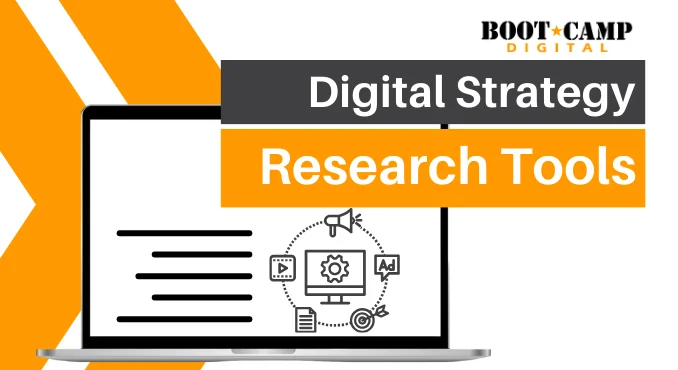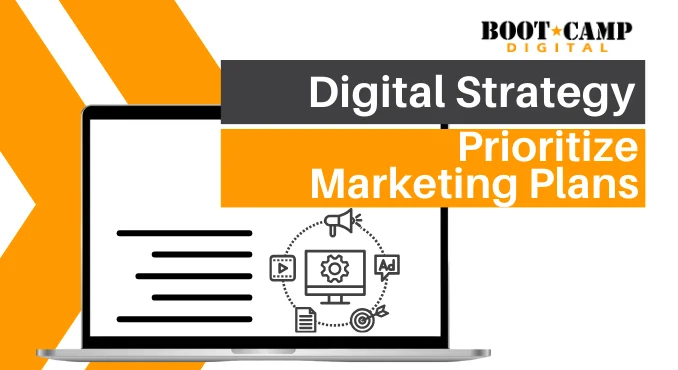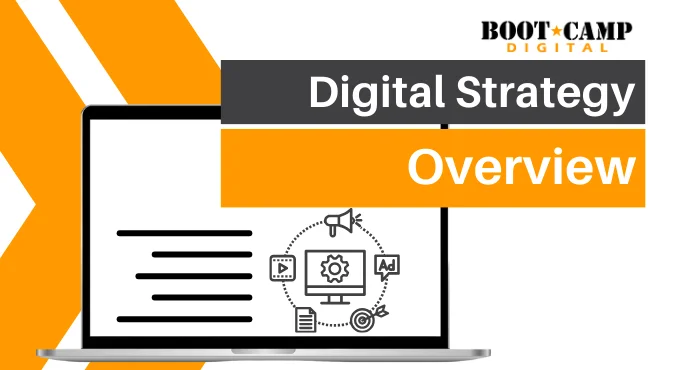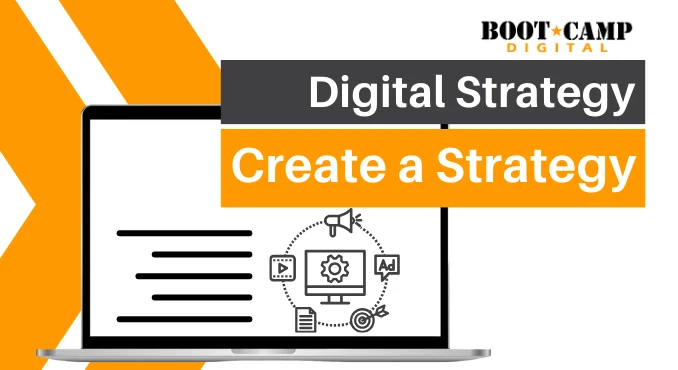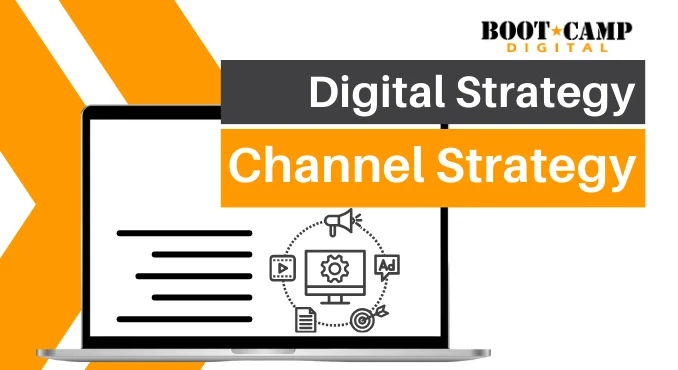The new year is always a great time to pause, reset your strategy and look for new opportunities to grow.
So what is new? What should you pay attention to this year?
Here are 21 trends to consider for 2021.
#1. AI Optimizations Built In
Artificial intelligence is seeping in to everything and can save a lot of manual optimizations. All of the major digital platforms are incorporating AI and machine learning to automatically optimize.
Take advantage of this as test to see if you can grow your results.
#2. Agile Working
This is vital to succeed in a changing and flexible world. Businesses need to adapt an agile way of working to try something at a small scale, learn, adapt and scale.
Moving quickly and reacting to data vs. planning years in advance will continue to separate winners from losers.
#3. AR (Augmented Reality)
AR is certainly growing with more mobile apps (the Ikea furniture replacer) as well as Oculus becoming more common place.
AR apps range from incredibly useful (trying on glasses, makeup, clothes, furniture) to random and fun (pics of Santa in your house, gaming, and more).
Especially with more people spending more time at home, look to incorporate AR where you can create a great experience.
#4. Increasing Importance of Digital
With the pandemic, more people are at home and more “traditional” marketing is on hold. I just had a call with a global healthcare organization that has been toying with digital and now has to make the leap. Even after the pandemic, they view the emphasis on digital as a competitive advantage where they can be hybrid in their approach.
Look for more digital in more places and industries taking the leap to really invest in digital in 2021.
#5. Algorithm Driven Success
Algorithms are built in to everything now. Email programs use algorithms to decide which emails go to the inbox. Social media uses algorithms to decide what people see. Ads use algorithms to decide the optimal placements.
This means that content performance matters more. Focus on performance to win in the algorithms.
#6. Influencer Marketing Thrives
Brands continue to see the importance of Influencer marketing as a way to get in-front of their audience with a trusted message.
Rather than building their own audiences they are harnessing the trust and authority that influencers have.
B2B is especially embracing this and starting to see more value from having influential creators create content and share brand stories.
#7. Short and Fun Video Content
If TikTok has taught us anything it is that people want short, fun video content. This trend was already underway with boomerang videos and slo-mo. TikTok re-ignited our creativity and desire to consume this content.
Brands can get in on this trend by sharing the light, fun and easy to consume content that people want.
#8. Mobile Gets Faster with 5G
A HUGE part of mobile design focuses on speed. With 5G devices will get faster which means mobile optimizations will shift. In the early days of the internet we focused on reducing images and videos to help sites load faster.
As the internet sped up the focus shifted. The same will happen in mobile. Look for continued growth in the importance of mobile and a shift in the focus.
#9. Focus on Foundations
This isn’t the sexiest trend, but foundations matter more. While many businesses are distracted by the items on this list, their website can’t be found in search engines because they’ve ignored the updates. Their website isn’t viewed well in mobile because they haven’t focused on optimizing there.
We are now in a space where we have a few big players that can really drive your business. We have LinkedIn influencers, businesses built on Facebook and YouTube millionaires. This shows that the foundational tools can work single-handedly to drive your business.
#10. Quality over Quantity
AI and machine learning mean that how people respond to your marketing is automatically built in to how your marketing performs. Focus on quality marketing. Not quantity.
Create awesome stuff that people love to grow.
#11. From Data to Insights
Data and big data have been on these list for years. What most business struggle with isn’t a lack of data. It is a lack of understanding the data to derive insights.
New tools driven by AI and machine learning are smarter at providing insights. Google analytics has new smart features that answer questions and show insight-driven charts instead of just data to sift through.
Look for easy insight-driven data to fuel your marketing growth.
#12. Video, Video, Video
This has been on most lists for at least 7 years. BUT we are seeing a big change in video. As mobile phones speed up, video is even more important.
Incorporate video smartly into all of your marketing channels as it is consistently the top content that consumers want.
#13. User Experience takes Center Stage
Google recently updated the way they evaluate websites for search rankings to include what they call website core vitals. Core vitals shift the focus of SEO from technical optimization (although that still matters) to user experience.
Bing has also launched free new tools to help businesses understand the user experience on their site with things like heat maps.
User experience will become more important in focusing on the actual customer experience.
#14. Marketing Automation (and smarter automation)
Especially in B2B more businesses are focused on automation, and they are getting better at it. With a dynamic and fluid customer journey automation works to get the customer the exact message they need when they are most receptive.
Look for automation to improve the customer journey.
#15. Voice Search (and voice everything)
Smart home devices are everywhere (heck, my toddlers can use Alexa) and voice is more prominent on phones as well.
Be sure that voice is part of your plan. Voice search is growing exponentially and voice apps on smart devices are providing unique experiences.
Look to lead your industry by adding voice into the mix.
#16. Data Privacy
This isn’t sexy or even fun, but data privacy and consumer protections are becoming more important. California has new privacy legislation and GDPR continues to require businesses to think about how they handle consumer data.
This will only grow in importance as more countries adopt policies, so make sure that you are adapting your strategy.
#17. Personalization
Personalization takes many forms – from smart retargeted ads to segmented emails to unique customer journeys in automation. AI and machine learning make it easier to provide a personalized experience based on data. Chat bots are an example of this.
Don’t get too complicated or excited about this, but look for opportunities to personalize your consumer journey to improve the user experience. Personalization to link to impact to the consumer.
#18. The Big Guys Get Bigger and New Players Struggle
In digital there are now big entrenched players. Facebook and Google dominate. This makes it harder to for new tools or platforms to break through.
Focus on winning with the big players as they continue to grow market share. They have mass reach, smart tools and proven approaches to help you grow.
#19. Purpose Driven Marketing
This isn’t linked to digital exclusively, but purpose driven marketing is breaking through the noise online. Brands that do instead of talk. Brands that serve a higher purpose. Brands that actually serve communities and people.
Don’t just think about purpose as a marketing tactic or it likely will fall short. Look to integrate purpose into your business and have it shine through in your marketing.
#20. LinkedIn Gets Bigger and Better
I know – LinkedIn isn’t new and this was on my list last year. But LinkedIn continues to launch major innovations that can dramatically improve performance.
LinkedIn Page and Event features are fueling the growth for businesses and I’m sure there is even more to come this year.
#21. Measurement Matters Most
Measurement continues to be one of the top challenges for marketers. As data becomes more available and digital tools are better able to attribute, be sure you are taking advantage of this.
Set clear goals and benchmarks for your digital executions to drive ROI and track performance.




